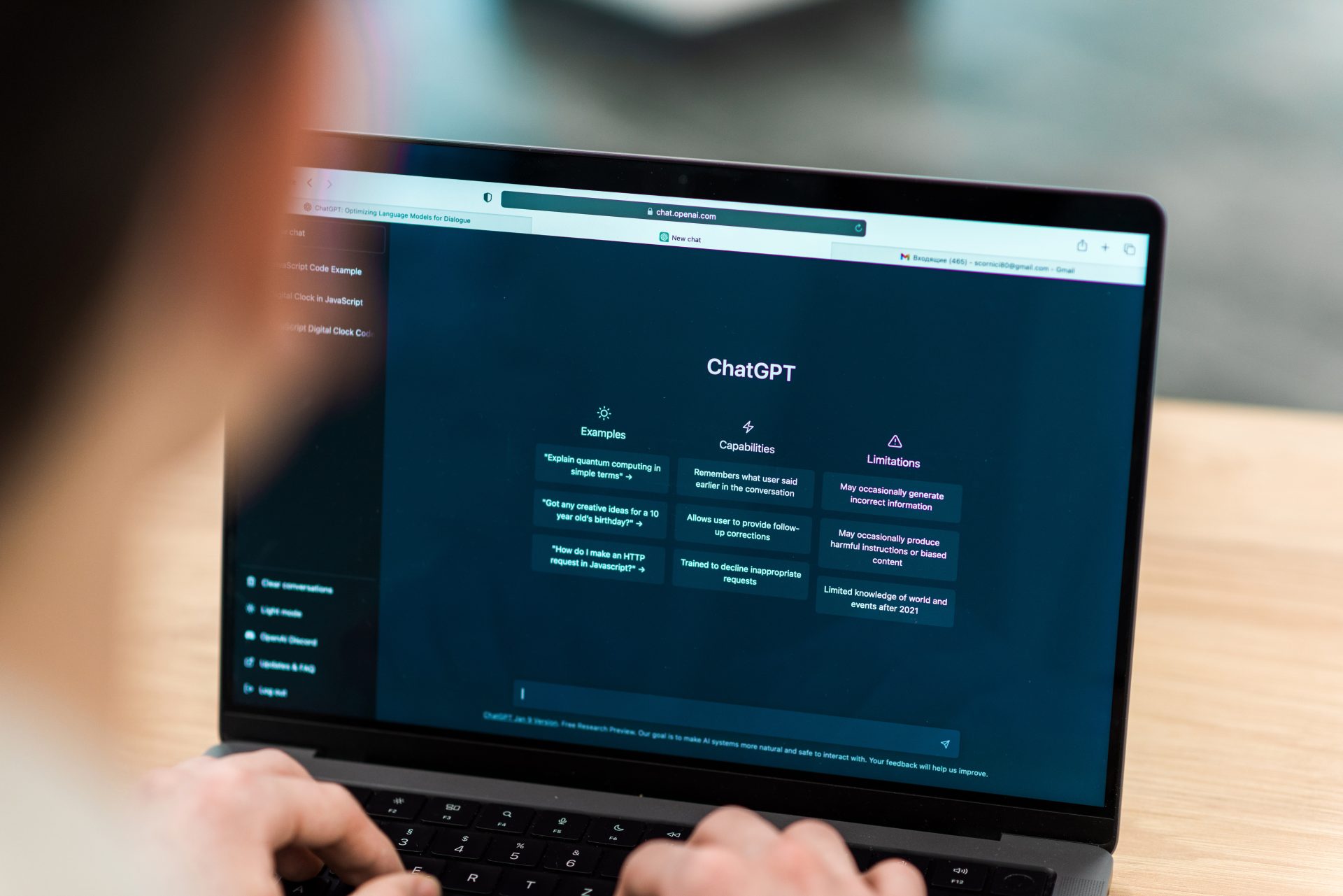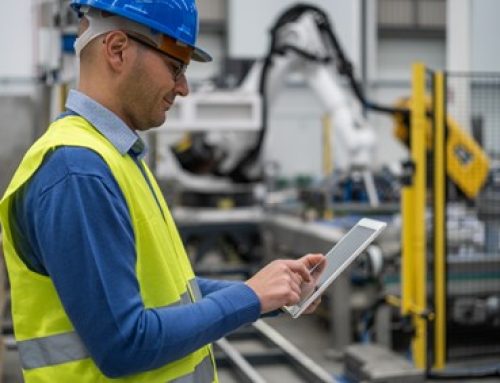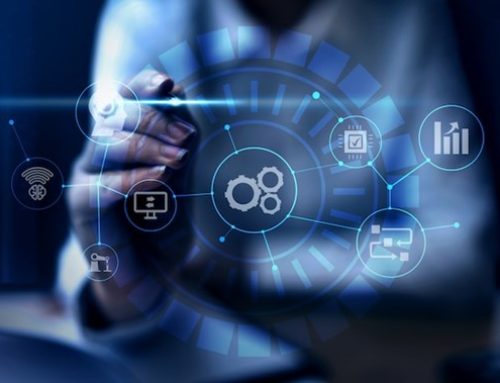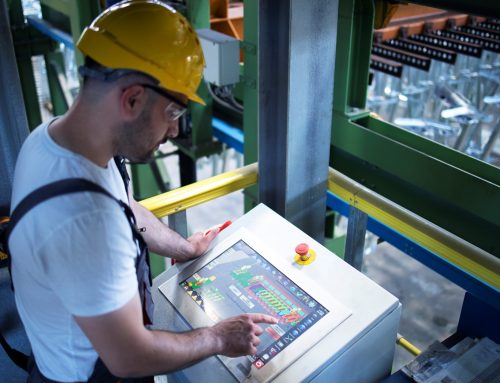Discover how AI is transforming work and prepare for this new scenario.
Artificial intelligence (AI) is revolutionizing various sectors, and the world of work is no exception. One of the technologies that has sparked great interest in this context is ChatGPT, a language model developed by OpenAI capable of generating text and engaging in conversations as if it were human.
In this text, we will explore the impact that ChatGPT and other AIs can have on the future of work, discussing the emergence of new demands and the need for greater qualification of teams to deal with these changes. Understand the applications, challenges, and advantages of implementing this technology in production environments.
Automation of simple and routine tasks
As AIs, like ChatGPT, become more sophisticated, it is likely that simple and routine tasks currently performed by humans will be automated.
Tasks such as customer service, data processing, and resolution of common problems can be efficiently executed through these technologies. This will allow teams to focus on more strategic and complex activities, demanding greater qualifications to handle these new demands.
Challenges and uncertainties of the impact of AI on the future of work
While the automation of routine tasks can bring benefits in terms of efficiency and productivity, there are also challenges and uncertainties regarding the impact of AI on the job market.
The replacement of jobs by technologies can raise concerns about unemployment and the devaluation of certain skills. However, it is important to remember that technological advancement also creates job opportunities, with the need for specialization in AI-related areas such as development and maintenance of these technologies.
The human role in the evolution of AI
Despite the advancement of AIs, humans continue to play a fundamental role in the evolution and development of these technologies. It is necessary to train and feed AIs with relevant data to enhance their skills and capabilities.
Furthermore, humans possess unique characteristics such as creativity, empathy, and social skills that are difficult to replicate by machines. Therefore, collaboration between humans and AIs will be essential to achieve effective results and promote innovation in the future of work.
ChatGPT and other AIs have the potential to significantly impact the future of work by automating simple and routine tasks. This will require greater qualification of teams to handle the more complex demands that will arise.
Although there are uncertainties about the long-term effects of AI on the job market, it is crucial to remember that humans play an indispensable role in the evolution and training of these technologies.
The future of work will require greater self-management skills, continuous learning, and adaptation to technological changes.
Therefore, it is important to be prepared for this transformation by seeking to improve skills and knowledge that complement the capabilities of AIs. Only then can we fully harness the benefits of these technologies and build a more efficient and promising future of work.
Do you want to be part of this technological revolution in your operations? Then, request a free demonstration of our solution, Manusis4, and learn how to add even more intelligence to your processes!






Leave A Comment